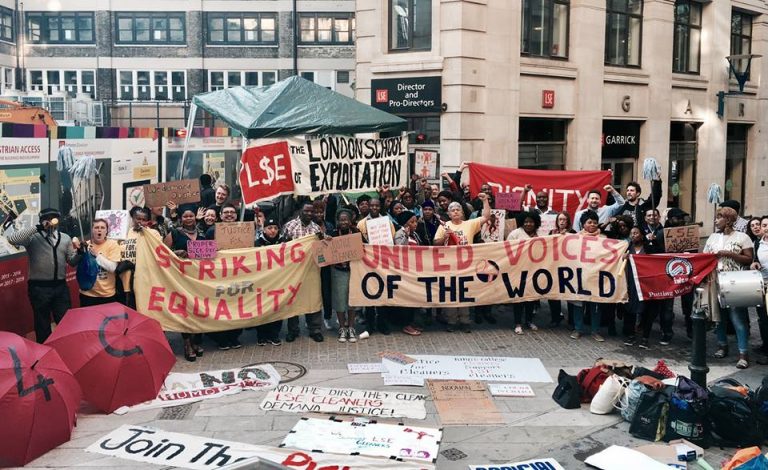- Government’s proposed Canada-style immigration system would mean workers more vulnerable to exploitation
- End of free movement would mean giving power to big business, international agencies and employers
- No good reason to end free movement on economic grounds, government report admits
The government has today published its Migration Advisory Committee (MAC) report. The Report, commissioned by disgraced former Home Secretary Amber Rudd, recommends the end of free movement with Europe and the adoption of a Canada-style system of work permits.
The report claims that the Canadian system of work permits represents an “open, welcoming approach to migration but no free movement agreement with any other country”. In reality, however, this would be a big step backwards for the UK, especially for the rights of workers.
A report Brexit and Immigration; Prioritising the Rights of All Workers, published last year by the organisation Another Europe is Possible, showed how the guest worker scheme used in Canada has a very poor record of protecting their rights.
In a Canada-style system, workers have limited freedom to move occupation, having to seek permission from immigration officials to do so, and are required to leave the country as soon as their employment authorisation (based on having a job with a specific employer accredited under the scheme) expires.
This is a system that makes workers beholden to their employers and companies, and means that they are not full members of Canadian society. The inability of the migrant labour to move freely between jobs once they are in the country significantly increases their vulnerability to super exploitation.
The MAC report also shows that scrapping free movement is totally unwarranted on economic grounds. The report finds there is little to no negative impact of EEA immigration on wages and jobs, and that these migrants tend to pay more in taxes than they use in public services.
Responding to the report, Luke Cooper, convenor of Another Europe Is Possible and a Senior Lecturer in International Politics, said:
“This report is strange and contradictory. It confirms that EEA migration is good for Britain. But then proposes to scrap the system of free movement which has underpinned this success. The great advantage of free movement is that it is a system of rights and responsibilities.
“Moving to a system of work permits where migrants have less rights could have significant unintended consequences. Canada in particular should not be held up as a model given its Temporary Foreign Workers’ Programme has been repeatedly criticised by migrant rights campaigners and trade unions as mandating exploitative labour market practices”.
Nick Dearden, Director of Global Justice Now, said:
“Free movement is an enormous step forward for workers rights. Rather than being beholden to the whims of big business, under free movement rules workers from overseas have the same rights as workers here, which means they are free to join trade unions and to fight for better pay and conditions alongside their domestic colleagues. It means they can’t undercut British workers and don’t have to fear for their livelihood if they ‘step out of line’.
“Under any managed migration system, workers will be at the behest of ‘economic necessity’ conditions – which leaves them vulnerable, insecure and more likely to be exploited by their employers. It’s a boon for big business. No wonder this government favours it – at the same time as allowing big business to travel the world doing whatever they want, they believe ordinary workers should stay where they’re put.”
NOTES
ENDS
1. For more information, please ring Michael on 07964791663
2. Another Europe is Possible is an alliance of progressives and left wingers fighting for an alternative to Tory Brexit. It was the left Remain campaign in the 2016 referendum, and has strong links with Momentum, the Green Party and trade unions.
3. Another Europe is Possible’s report, Brexit and Immigration; Prioritising the Rights of All Workers, can be viewed here: https://www.
4. The MAC report can be viewed here: https://www.gov.uk/
18th September 2018

